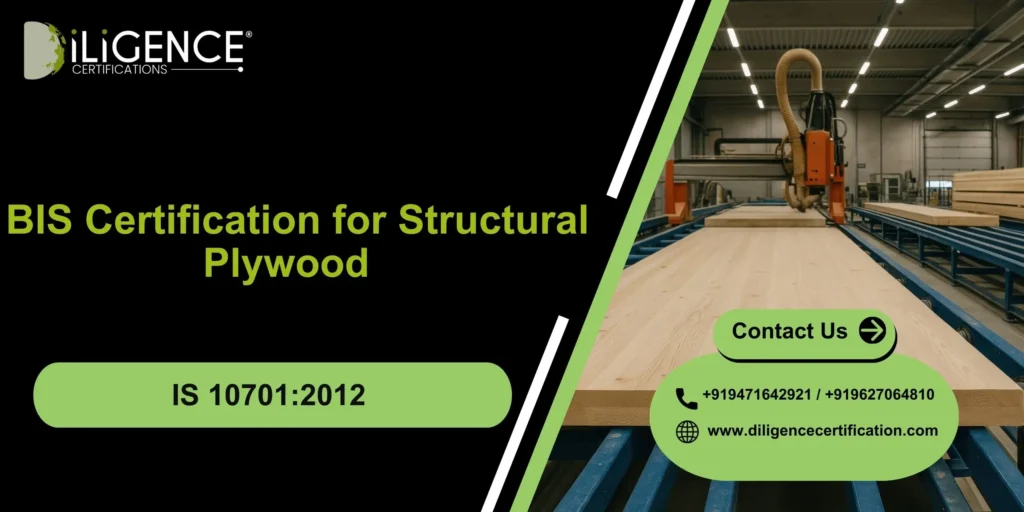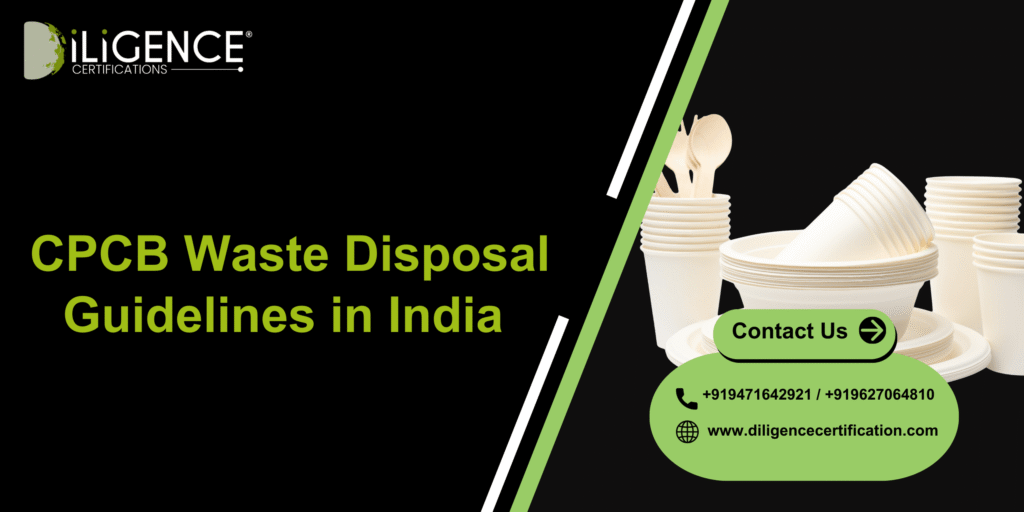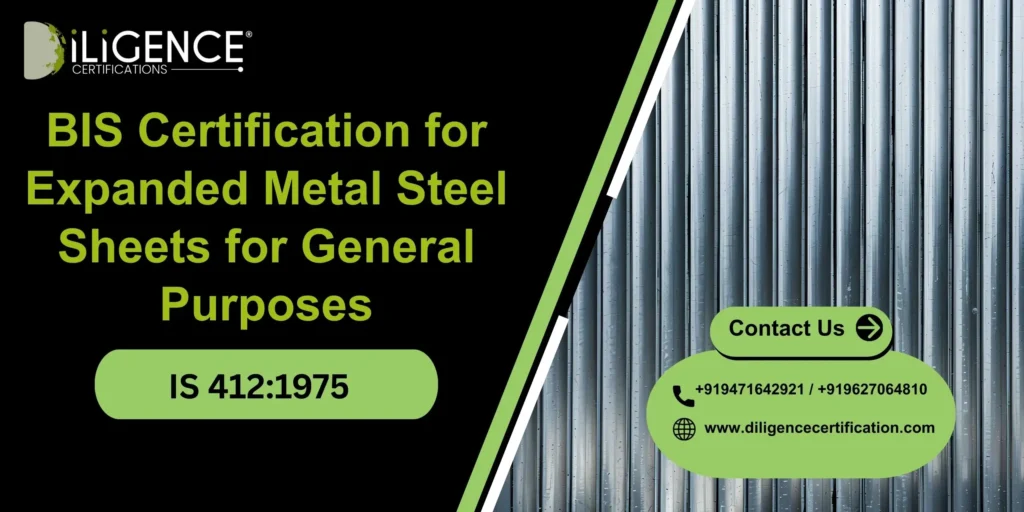- BIS Certification for bunk beds under IS 17636:2022 ensures safety, structural stability, and compliance with Indian quality standards.
- It confirms adherence to key safety and durability requirements under the national standard.
- Certification ensures bunk beds are structurally safe for children and meet quality benchmarks.
- Required for customs clearance, retail sale, institutional supply, and online marketplace listings.
- Critical for brands, exporters, and sellers aiming to build trust and stay compliant in a regulated market.
Introduction
In April 2024, a Mumbai-based children’s furniture store had to recall over 300 units of imported bunk beds after BIS officials issued a non-compliance notice. The beds lacked BIS Certification, rendering them illegal for sale in India. The retailer faced fines, inventory loss, and reputational damage that cost over ₹8 lakhs in total. The worst part? They didn’t even know BIS Certification was mandatory for bunk beds until it was too late.
This scenario is more common than most think. If you’re manufacturing, importing, or selling bunk beds in India, BIS Certification is not optional — it’s a legal requirement.
What is BIS Certification for Bunk beds ?
BIS (Bureau of Indian Standards) Certification for bunk beds is an approval issued under the Bureau of Indian Standards Act, 2016. It confirms that the product meets Indian safety, durability, and material standards as specified in IS 17636:2022.
This certification is issued after rigorous testing by BIS-approved labs, ensuring that products meet structural stability, edge protection, load-bearing capacity, and fire resistance benchmarks.
Without BIS certification, bunk beds are considered unsafe and unfit for Indian consumers.
Bunk beds caused a stir in households, hostels, dormitories, and military barracks for their efficient use of space. But with it came an assurance that the beds would be safe and durable, giving no room for accidents and structural failures. The Bureau of Indian Standards (BIS), in its IS 17636:2022 regulations, specifies certain applicable safety and performance parameters that are binding on bunk beds manufactured and sold in India. The manufacturers and importers of these bunk beds will, therefore, have to have their products certified by the BIS to ensure that they conform to the relevant very basic standards for being sold in the Indian marketplace.

Overview of Indian Standard for Bunk Beds

The Indian standard for bunk beds defines essential safety, structural, and design parameters tailored for Indian usage conditions. It lays down specific guidelines covering the construction quality, load-bearing capacity, and child-safety features of bunk beds. The framework ensures that every unit meets strict performance metrics—from guardrail strength to stability under stress. Manufacturers are required to follow detailed testing protocols to assess durability, risk of entrapment, and product lifespan. Complying with this standard ensures that bunk beds on the Indian market are not only functional but also safe for children, students, and residential use.
Why is BIS Certification important for Bunk Beds?
1. Child Safety Regulations
Children are primary users of bunk beds. Even a minor design flaw can result in serious injuries. The BIS standard ensures that ladders, guardrails, spacing, and heights meet child safety norms.
2. Legal Compliance for Market Access
Under the Quality Control Order (QCO) by DPIIT, any bunk bed sold in India must carry a valid BIS license. This applies to domestic as well as imported products.
3. E-Commerce Platforms Require It
Amazon, Flipkart, Pepperfry, and Urban Ladder require BIS ISI Mark Certification for bunk bed listings. Without certification, products are de-listed.
4. Avoid Fines and Product Seizure
- Lack of BIS certification can lead to:
- Product recall
- Fines under Section 29 of BIS Act
- Ban on import/sale
- Legal prosecution
5. Competitive Advantage
Certified bunk beds stand out with quality seals, making them more attractive to parents, schools, and bulk buyers.
BIS Quality Control Order for Bunk Beds
The Ministry of Commerce and Industry, through its Department for Promotion of Industry and Internal Trade (DPIIT), issued the Furniture (Quality Control) Order, 2025 on 13th February 2025. This landmark regulation mandates that furniture products—especially bunk beds—meet specific Indian safety and quality benchmarks.
Key Highlights of the Order
1. Implementation Timeline
The order will come into force 12 months from the date of publication — that is, on 13th February 2026. This gives manufacturers sufficient time to prepare.
2. Compulsory Use of Standard Mark
- Bunk beds must conform to Indian Standard IS 17636:2022.
- They must carry the Standard Mark under a valid BIS license as per Scheme-I of Schedule-II of the BIS (Conformity Assessment) Regulations, 2018.
3. Exemptions
To ease compliance, certain categories have been exempted:
- Exports: Furniture made solely for export is exempt.
- Micro and Small Enterprises (MSEs): Enjoy an extended compliance deadline of 18 months.
- Very Small Enterprises: Manufacturers registered under Udyam, with investment under ₹25 lakh and turnover below ₹2 crore, are fully exempt.
The Bureau of Indian Standards remains the certifying and enforcing authority, and non-compliance may result in penalties under the BIS Act, 2016.
The QCO empowers the industry to meet global standards while protecting consumers from unsafe furniture.
Testing Parameters for Bunk Beds under BIS Certification
| Test Category | Description |
|---|---|
| Design and Workmanship | Evaluates design and construction quality to meet functional expectations |
| Dimensions | Checks that bunk beds conform to standardised size requirements |
| Top Bed Safety Barriers | Assesses strength and placement of upper bed guardrails |
| Gaps | Measures spacing between components to prevent entrapment |
| Bed Base | Tests bed base durability under repetitive load |
| Ladder | Evaluates strength, stability, and usability of access ladder |
| Frame & Fastening Strength | Assesses integrity of the main frame and its joints/fixings |
| Overall Stability | Ensures the bed does not tip or wobble under normal use |
| Upper Bed Fastening | Checks how securely the top bed attaches to the lower bed |
Each test under BIS protocol is aimed at simulating real usage and minimising hazards, especially for children.
BIS Certification Process for Flashlights

- Submission of Application: Application by the manufacturer along with the necessary documents, must be submitted to BIS.
- Testing of Products: The bunk beds are tested in BIS-approved laboratories for testing against compliance with the specification IS 17636:2022.
- Factory Visit: Visit to the manufacturing facility for product assurance by the factory inspection done by BIS officials.
- Grant of Certification: BIS sanctions the certification based on successful testimonies from the test results and final verification at the factory level inspection.
- Marking and Compliance: The manufacturer has to place the BIS Standard Mark on certified bunk beds before such units are sold to the market.
- Surveillance Audits – Conducts regular inspections into long-term continuity of compliance.
- Renewal of Certification – The renewal of BIS registration is calculated every periodic term: compliance verified assessment and factory audit.
Documents Required for BIS Certification
Manufacturers have to submit a few documents, which include:
- A certificate of registration of the company.
- Details of manufacturing facilities.
- Product test reports from BIS-approved labs.
- List of raw materials and their suppliers.
- Document quality control and process.
- Factory inspection reports, if applicable.
- An undertaking of meeting standards of BIS.
- Import-export documentation for foreign manufacturers.
- Manufacturing process flow chart.
- Authorization letter: representatives handling the certification process.
Key Requirements for BIS Certification as per IS 17636:2022
| Key Aspect | Details |
| Standard Code | IS 17636:2022 |
| Certification Type | Compulsory BIS Certification |
| Governing Body | Bureau of Indian Standards (BIS) |
| Applicable Products | Bunk Beds |
| Testing Requirements | Structural, Impact, Load-bearing, Entrapment, Material Quality, Corrosion Resistance, Finish & Coating Test |
| Certification Process | Application, Testing, Inspection, Certification, Compliance, Renewal |
| Mandatory for Imports | Yes, required for foreign manufacturers |
| BIS Marking Requirement | Yes, the BIS Standard Mark must be displayed |
| Surveillance Audits | Periodic audits to ensure ongoing compliance |
| Certification Validity | Requires renewal based on continued compliance |
While obtaining BIS Certification for bunk beds, a few challenges foreseen include the following:
- Rigorous Testing – Bunk Beds conforming to stringent safety and durability standards have to undergo various tests.
- Complex Documentation – All the required technical and compliance documents are important during certification.
- Time Consuming- BIS certification takes anywhere from weeks to up to months, depending on testing and inspection procedures.
- Periodic Compliance Audits- Continuous quality control maintenance by manufacturers is required for continuous certification.
- Cost Factor – The certification costs comprise test and factory inspection charges with an application fee.
Why Choose Diligence Certifications ?
BIS certification is not an easy and quick process. Diligence Certification specifically focuses on manufacturers and importers who need BIS certification for bunk beds under IS 17636:2022.
What we offer is:
- All-encompassing consultation on BIS compliance
- Assistance in paper preparation and filing
- Coordinate with the BIS-approved laboratories for testing
- Support in the performance of factory audits and inspections
- Fast and simple certificate issue
- Support for compliance and renewal for years to come.
Conclusion
BIS Certification for bunk beds is not a box to tick — it’s a business enabler. It protects children, complies with Indian law, and builds customer trust. In a market increasingly driven by safety-conscious parents and strict regulations, getting BIS certified isn’t just compliance — it’s strategy.
For manufacturers and importers, the time to act is now. With BIS inspections becoming more aggressive and enforcement increasing at ports and warehouses, there’s real risk in delay. Prioritise BIS Certification for your bunk beds not just to avoid legal issues, but to future-proof your business in a regulation-first market.
If you’re looking to get BIS certification for bunk beds, don’t delay. Start the process now, ensure safety, and stay competitive.
Get a Free Consultation Now – Contact with our BIS Consultants and take the first step toward certification.
Frequently Asked Questions
Is BIS Certification for bunk beds mandatory in India?
Yes. As per DPIIT Quality Control Orders, bunk beds must be BIS certified to be legally sold in India.
What standard applies for bunk beds under BIS?
IS 17636:2022 is the applicable Indian standard.
Can I sell imported bunk beds without BIS?
No. Imported bunk beds without BIS certification will be seized at customs or de-listed from platforms
How long does it take to get BIS certified?
The process usually takes 30–60 days depending on documentation, product design, and lab availability.
Who can apply for bunk bed certification?
Manufacturers, authorised Indian representatives (for foreign brands), and importers.
Can I apply BIS online?
Yes, applications are filed via the BIS Manakonline portal
What if my bunk bed design changes?
Any material, structural, or dimensional change will require fresh testing and possible re-certification.
How do I track my BIS application status?
You can track it through the BIS dashboard using your application number
What happens if I sell uncertified bunk beds?
You face penalties, including fines, de-listing from marketplaces, and product seizure.








 BIS Certification
BIS Certification
 CDSCO
CDSCO
 CPCB
CPCB
 LMPC
LMPC
 WPC Approval
WPC Approval
 Global Approvals
Global Approvals
 TEC
TEC
 ARAI
ARAI
 BEE
BEE
 ISO Certification
ISO Certification
 Drone Registration
Drone Registration
 NOC For Steel
NOC For Steel



















 Business Registration
Business Registration















 Legal Services
Legal Services
 Trademark Registration
Trademark Registration
 Copyright Registration
Copyright Registration
 Patent Registration
Patent Registration

















































